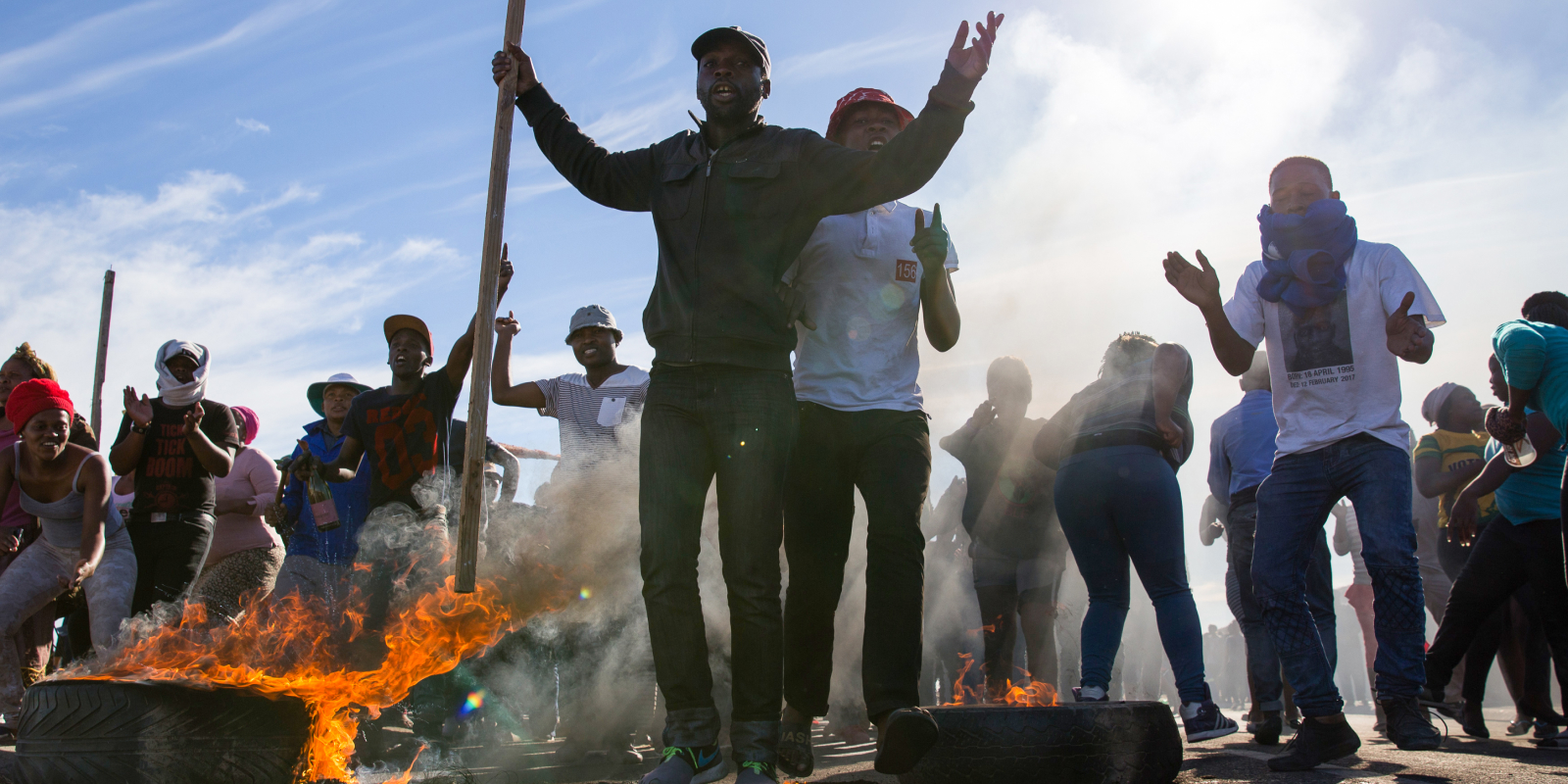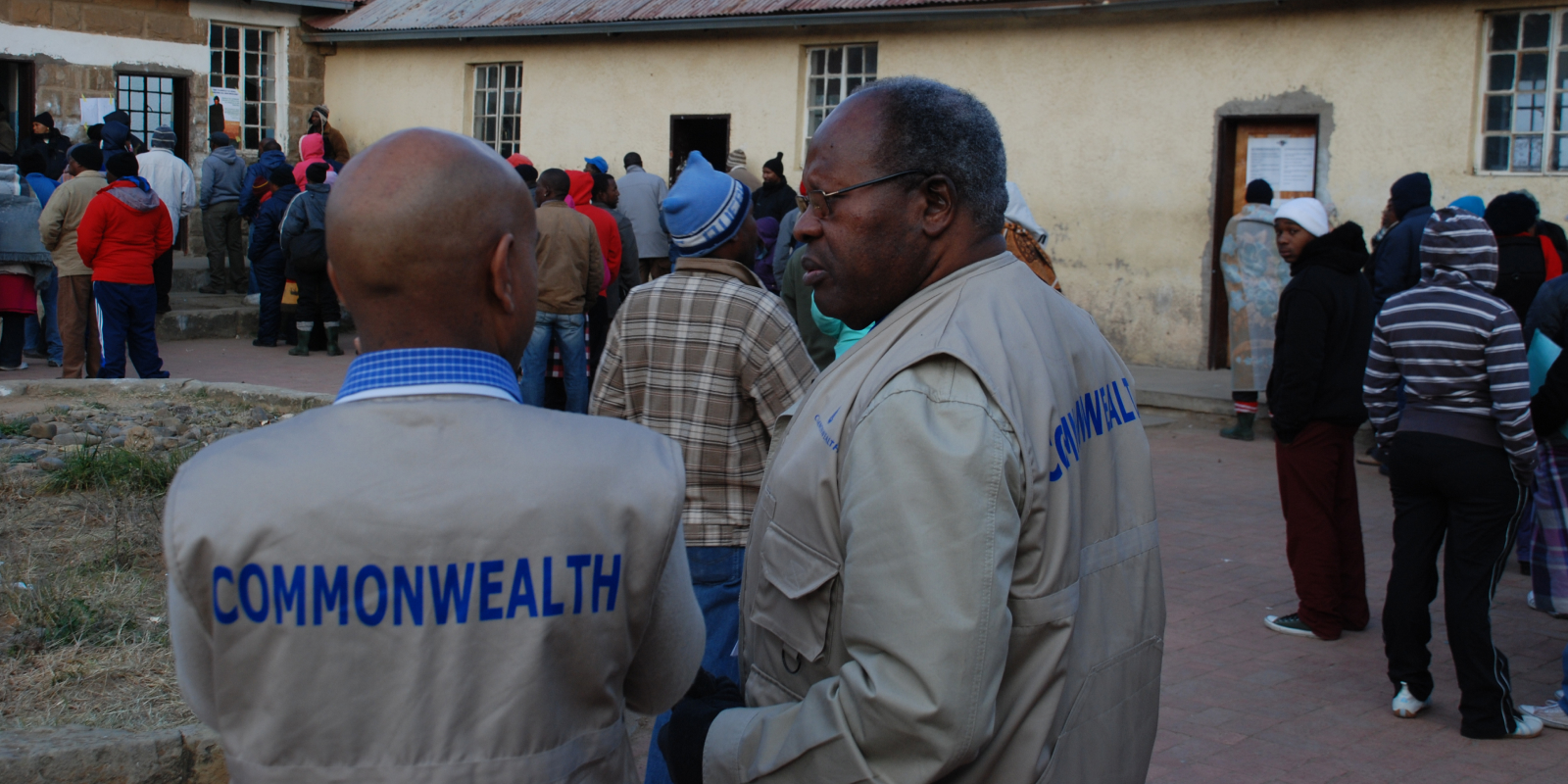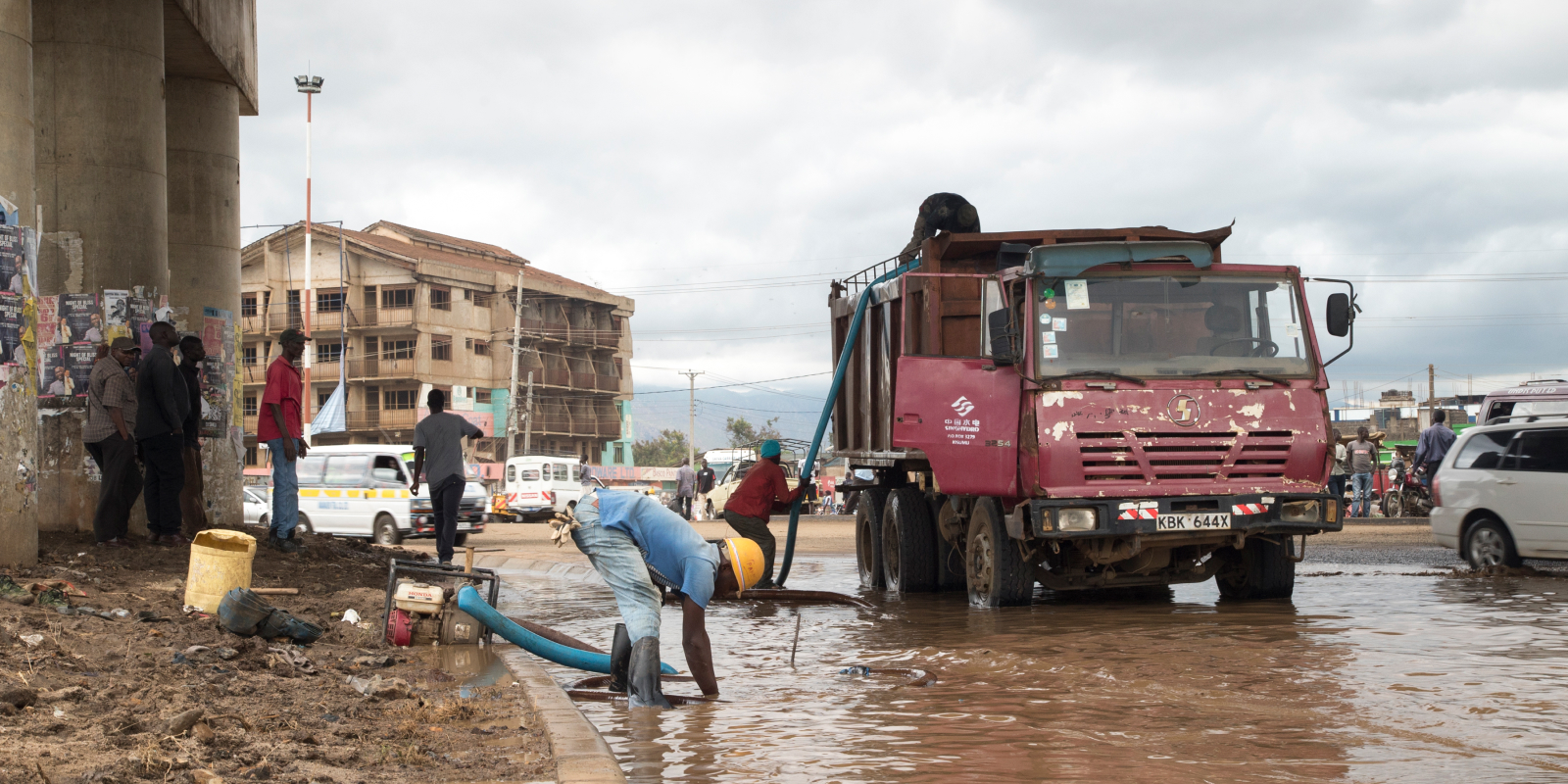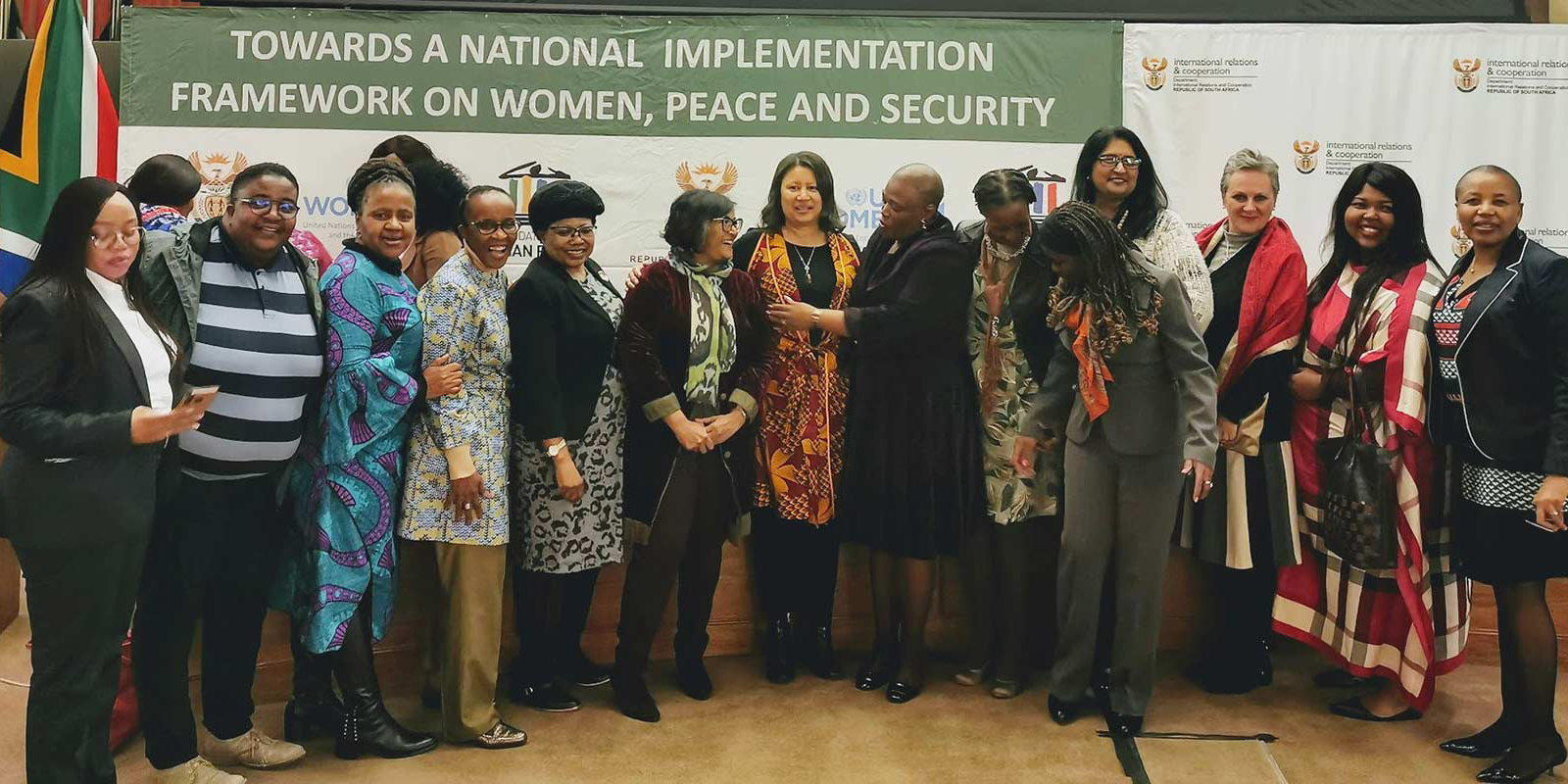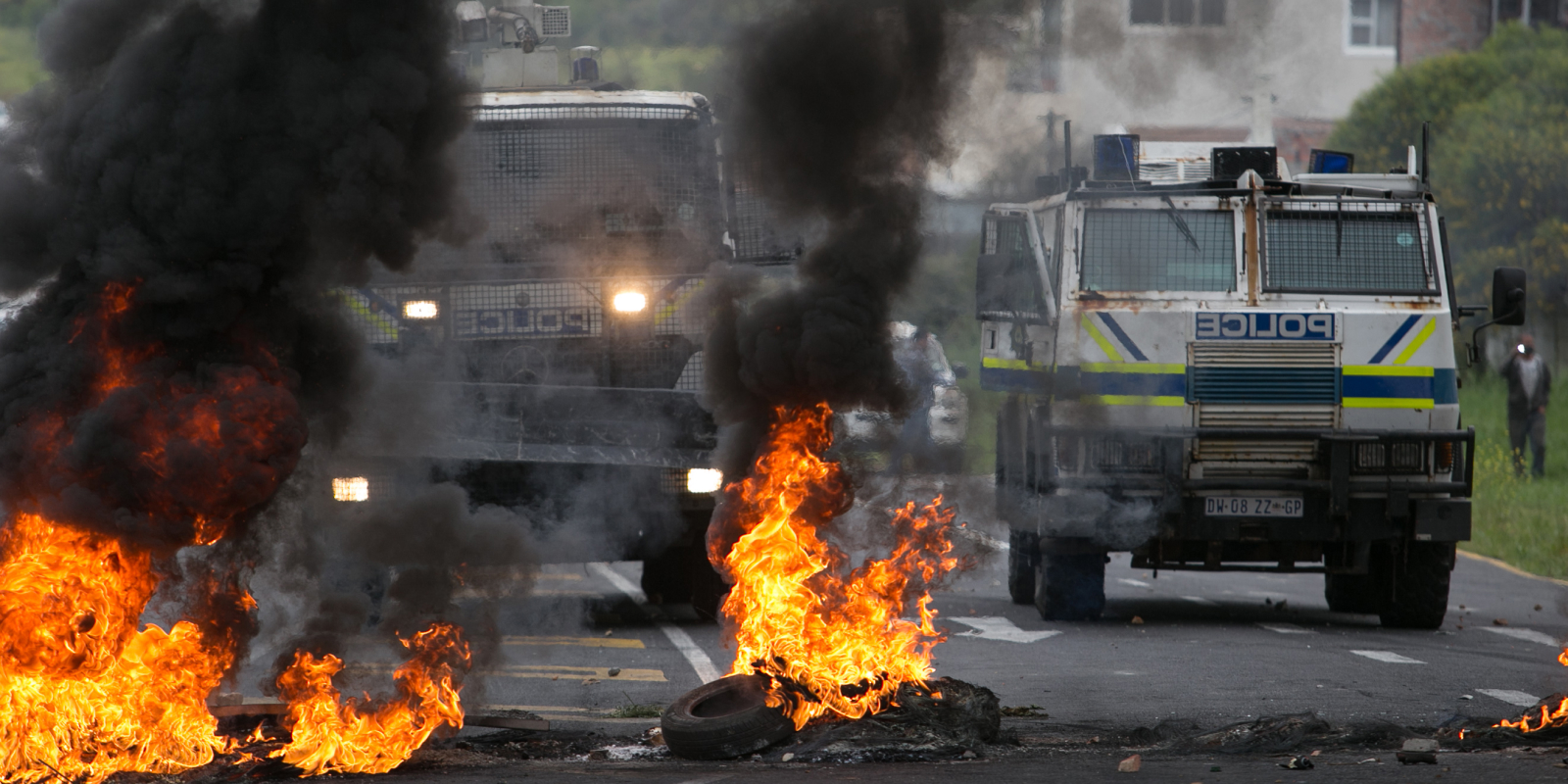We start off this month’s Conflict and Resilience Monitor with a piece from Olivia Rumble and Andrew Gilder, who are both Directors at Climate Legal, who have written about the issue of loss and damages related to climate change. Their article discusses the need for loss and damages to be on the agenda of COP27 and the challenges that the issue has faced in the past.
We then move to Southern Africa, where Katharine Bebington, Programme Officer at ACCORD, has written a piece reflecting on the recently held general elections in Lesotho, the challenges relating to the reform processes leading up to the elections and the voting outcomes. This is followed by a piece from Thokozile Nkgundima, a Programme Administrator at ACCORD, who has written an article reflecting on the Women, Peace and Security (WPS) Agenda. In particular, the article focuses on the National Action Plans (NAPs) that have been adopted by states in Southern Africa and the challenges relating to the implementation of the NAPs in the region.
Finally, we end the Monitor with a piece from Zikho Dana, an intern in ACCORD’s research Unit, who has tracked the post-COVID-19 protests that have taken place across the continent. The article details a number of these protests and the different and similar causes of the protests.

